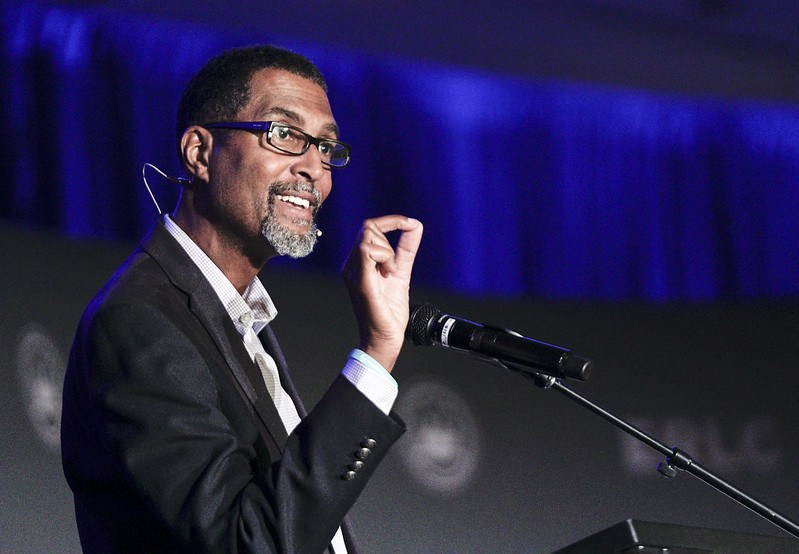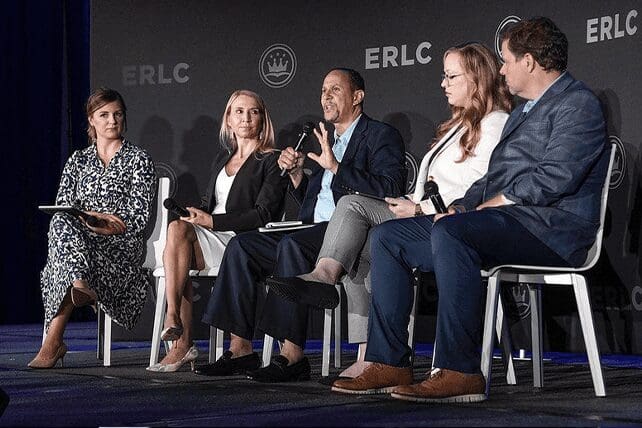ANAHEIM, Calif. (BP) – The church of Jesus Christ has an important opportunity to care for vulnerable women and their children regardless of whether the U.S. Supreme Court strikes down the Roe v. Wade decision soon, speakers said Monday night (June 13) at an event hosted by the Ethics & Religious Liberty Commission.

Panelists and additional speakers addressed “The Mississippi Abortion Case and the Future of the Pro-life Movement” following the close of the Southern Baptist Convention Pastors Conference. They addressed both the Supreme Court’s pending opinion that may result in the reversal of the 1973 Roe decision that legalized abortion nationwide as well as how Christians can serve women in crisis pregnancies and their preborn children.
The ERLC-sponsored event came as the country awaits a decision by the high court regarding a Mississippi law that prohibits abortions of preborn children whose gestational age is more than 15 weeks. The possibility the justices would not only uphold the Mississippi ban but overturn Roe increased in early May when a draft opinion was leaked that would over-rule the nearly 50-year-old decision if it becomes final. The high court is expected to issue its opinion by early July.
If Roe is reversed, abortion policy would return to the states, and “you’ll have battles in all of these different states” to determine whether to restrict or protect the procedure, said Dean Nelson, Human Coalition’s vice president of government relations and one of four panelists for the event. It appears about half of the states would ban abortion if the justices over-rule Roe.
“I believe that we have an opportunity like never before as the church to really rush in and to make a huge difference,” Nelson told the audience.
Lynn Fitch – the Mississippi attorney general whose office defended the state law before the Supreme Court – said in a pre-recorded video, “Whether Roe v. Wade is sustained or reversed, these women and their children remain our charge. Behind each crisis pregnancy is a woman in need of our protection and our support.”
Herbie Newell, president of Lifeline Children’s Services and another panelist, told attendees Christians don’t have to wait on the Supreme Court and the states but they can “start getting engaged for life that is already living.”
That includes the 424,000 children in foster care in the United States, he said. “We have enough churches in this convention that we can take care of those children,” Newell said.
Elizabeth Graham, the ERLC’s vice president of operations and life initiatives, said of women considering abortion, “From their perspective, they believe that abortion is really their only option.
“We want to meet her in her time of crisis with compassion and with empathy,” Graham said as a member of the panel moderated by Chelsea Sobolik, the ERLC’s director of public policy. “We want to show her the love of [Jesus].”
“The resources are endless in our [churches]” to meet the needs of abortion vulnerable women, she said.
The Supreme Court’s major opinions that have controlled abortion law – Roe in 1973 and Planned Parenthood v. Casey in 1992 – prohibit states from banning abortions before an unborn child is viable.

